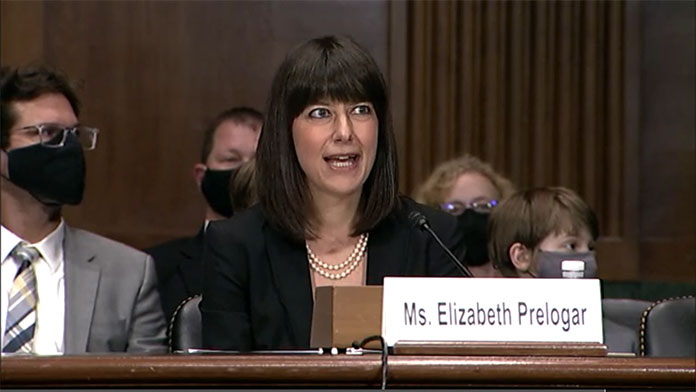
The Supreme Court has been busy this year. Potentially adding to other notable recent decisions, the Supreme Court will hear cases involving property rights, arbitration clauses, copyright protection and whether social media platforms violate the first Amendment by censoring user content.
Florida and Texas test the waters
Do Florida and Texas laws prohibiting social media sites from removing user content violate the First Amendment? The two conservative-led states enacted these laws to prevent the censorship of viewpoints that run contrary to those of social media platform operators.
The Court will consider content-moderation restrictions in general. They will also consider the constitutionality of requiring platforms to provide “individualized explanations” for removing users’ posts. The question at hand: does the First Amendment prioritize the free speech of private businesses (social media companies) in concert with the Federal Government over that of private citizens?
Platform v publisher
In addition to citizen protections under the First Amendment, how social media companies are categorized remains an issue. Are they “publishers” or “platforms” according to Section 230 of the 1996 Communications Decency Act. Section 230 protects Google, YouTube, X and others from legal liability arising from content posted by their users. Platforms are also afforded attractive tax benefits from this classification—the same as platforms like telephone service providers.
A publisher, on the other hand—and specifically the content they generate through their writers—is not shielded from such liability. It is held to a more stringent standard and does not benefit from the platform’s more favorable tax status.
Social media companies have outgrown the platform operation model and the differences in how they operate continue to push them into a category unlike either a platform or publisher. In response, they try to move effortlessly from platform to publisher and back according to the benefits afforded by the classification.
Biden Administration Solicitor General Elizabeth Prelogar’s brief to the Supreme Court sounds as though social media is clearly a publisher:
“When a social-media platform selects, edits, and arranges third-party speech for presentation to the public, it engages in activity protected by the First Amendment,” she wrote. While social-media companies aren’t wholly immune from regulation, the states failed to justify the burdens their legislation would place on the companies’ speech rights, she wrote.
As the internet grows, questions arise
Section 230 does not treat publishers (newspapers, magazines, cable news) the same as platforms (Google, YouTube, X). Yet, as social media platforms grew, they began to monetize their platform—like publishers—with advertising. This shifted the playing field greatly.
Traditional publishers create content at a cost. Platforms are a conduit for content by others at no cost. Sudden and unabated growth mean social media could cannibalize traditional publishers’ product. News and opinion could be provided without the boundaries or responsibility attached to the Fifth Estate (media). Except it’s not a publisher.
This case is far-reaching. Seventy-two percent of American adults use social media according to Pew Research. Pew also found that 75 percent of Americans of both sides of the aisle believe that Facebook and X censor political views.
The First Amendment protects individuals from government censorship as supported by centuries of case law. Whether this protection extends to private business is significant.











